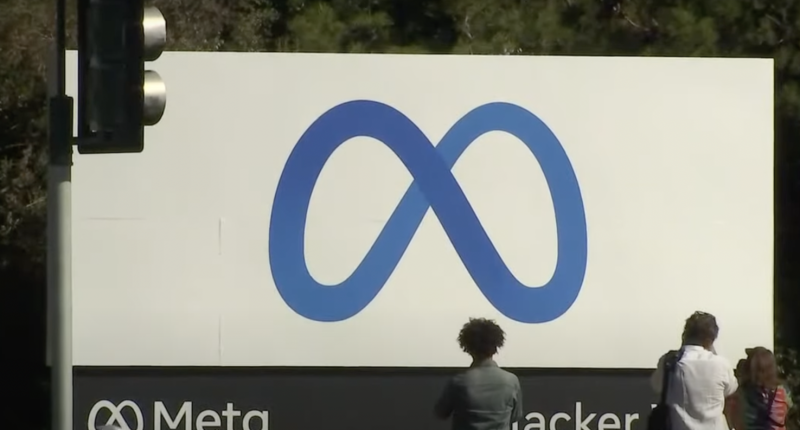Facebook-owned Meta and user privacy haven’t really synced up together, with Meta’s history in terms of protecting user data and privacy being sketchy at best. That sketchiness has just come in more of a highlight, as Meta, the parent company of Facebook/ Instagram/Whatsapp, has seemingly agreed of scraping Australians users’ data to train its AI models.
During a recent Senate inquiry into AI adoption in Australia, Meta’s global privacy director, Melinda Claybaugh, disclosed that the company has been collecting and using data from public posts on Facebook and Instagram since 2007. This includes a wide array of content such as text, photos, and status updates. Despite earlier denials, Claybaugh confirmed that Meta scrapes all available public data unless users have specifically set their posts to private. This extensive data harvesting is employed to train Meta’s language model, known as Llama, which is central to the company’s AI initiatives.
“I’ll be very frank with you. I’d like to opt out in Australia … and I’d like to have the options similar to Europe, for all Australians, including for myself personally. Why can’t I have that option?” Senator Tony Sheldon, Labor’s chair of the inquiry examining AI adoption in Australia, asked Meta.
“The truth of the matter is that, unless you consciously had set those posts to private, since 2007, Meta has just decided you will scrape all of the photos and all of the text from every public post on Instagram or Facebook that Australians have shared since 2007, unless there was a conscious decision to set them on private. But that’s actually the reality, isn’t it?” Senator David Shoebridge asked.
“Correct,” Claybaugh replied.
The inquiry revealed that while Meta’s AI systems benefit from a rich dataset spanning nearly two decades, Australian users have no option to opt out of this data collection. This stands in stark contrast to the European Union, where users are afforded the right to refuse consent under the General Data Protection Regulation (GDPR). The key issue at hand is the disparity in privacy protections between Australian and European users. In Europe, GDPR provides a stringent legal framework that requires companies to offer users the option to opt out of having their data used for AI training. Meta has adhered to this requirement by allowing European users to refuse data collection for such purposes. However, Australian users are not given this option.
During the inquiry, Claybaugh explained that the EU’s opt-out option exists in response to specific regulatory requirements that do not apply in Australia. This regulatory landscape has influenced Meta’s decision to withhold similar options from Australian users. The ongoing legal debates in Europe regarding the interpretation of privacy laws and their application to AI training have led Meta to pause the launch of its AI products in the region.
The lack of an opt-out option for Australian users has prompted concerns from privacy advocates and lawmakers. Senator David Shoebridge criticized the Australian government for its failure to implement robust privacy laws comparable to those in Europe. He argued that the absence of stringent privacy protections enables companies like Meta to exploit personal data without adequate consent. Meta’s data practices also raise questions about the ethical use of personal information. The company’s collection of public data from accounts, including those of minors, has been a point of contention. While Meta does not scrape data from accounts of users under 18, it does collect information from their public posts if shared by parents or guardians.
The Tech Portal is published by Blue Box Media Private Limited. Our investors have no influence over our reporting. Read our full Ownership and Funding Disclosure →






